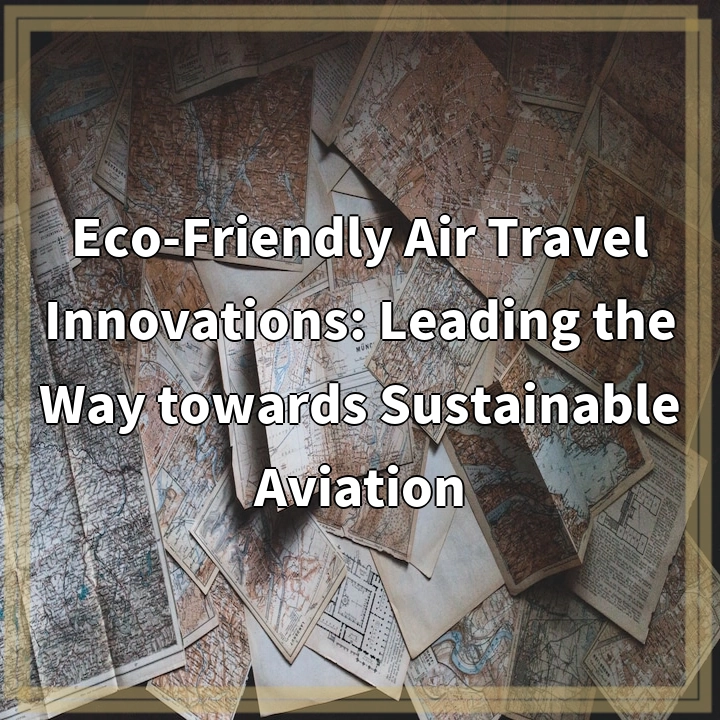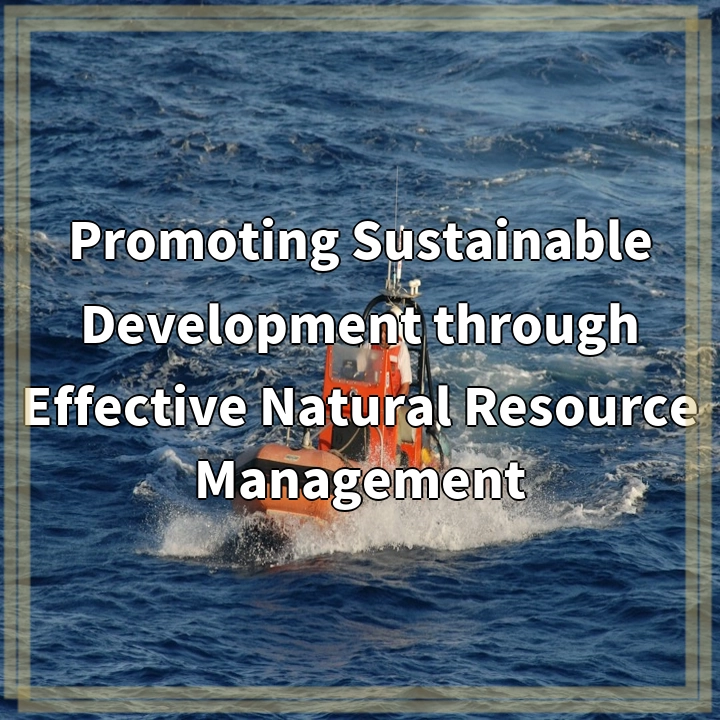
What it is:
Eco-Friendly Air Travel Innovations are advancements in aviation technology and practices that aim to reduce the environmental impact of air travel. These innovations focus on minimizing carbon emissions, conserving energy, and promoting sustainability in the aviation industry. They cover various aspects such as aircraft design, fuel sources, operational efficiency, and waste management.
Real-World Problems:
1. Carbon Emissions:
Air travel is a significant contributor to greenhouse gas emissions, primarily due to the burning of fossil fuels. These emissions contribute to climate change and air pollution, causing environmental and health concerns. The aviation industry faces the challenge of reducing its carbon footprint to mitigate these problems.
2. Fuel Dependency:
Most commercial aircraft rely on conventional jet fuels derived from non-renewable fossil sources. The aviation industry’s heavy dependence on these fuels makes it vulnerable to price fluctuations and geopolitical tensions. Seeking alternative, sustainable fuel sources is essential to reduce dependence on finite resources and promote a more stable and secure energy supply.
3. Noise Pollution:
Airplane noise can be a significant problem for communities near airports. The constant noise can disrupt sleep patterns, increase stress levels, and harm wildlife. Finding innovative solutions to reduce aircraft noise, such as quieter engine technologies and improved operational practices, can help minimize the impacts on both human and animal well-being.
4. Resource Consumption:
Airports consume vast amounts of resources like water and electricity. The construction and maintenance of airports, as well as daily operations, require significant energy inputs. It is crucial to adopt sustainable practices in airport design, operation, and management to conserve resources and reduce the environmental footprint of these facilities.
5. Waste Management:
Airports generate a substantial amount of waste, including food waste from in-flight services, packaging materials, and discarded items from passengers. Proper waste management practices, such as recycling, composting, and reducing single-use plastics, can help minimize the environmental impact and promote a circular economy within the aviation industry.

Solutions for Eco-Friendly Air Travel:
1. Carbon Emissions Reduction:
To tackle the issue of carbon emissions, the aviation industry is exploring various solutions. This includes the use of alternative fuels such as biofuels and synthetic fuels that have lower carbon footprints. Additionally, improving aircraft efficiency through advanced aerodynamics, lightweight materials, and more efficient engines can significantly reduce emissions.
2. Sustainable Fuel Sources:
Developing sustainable fuel sources for aviation is crucial in reducing the industry’s dependency on fossil fuels. Researchers are exploring advanced biofuels, such as those derived from algae, as well as synthetic fuels produced through renewable energy sources like solar and wind. These alternative fuels have the potential to significantly reduce carbon emissions and promote a more sustainable aviation industry.
3. Noise Reduction Technologies:
Implementing noise reduction technologies can help mitigate the impact of aircraft noise on communities and wildlife. This includes designing quieter engines, optimizing flight paths to minimize noise exposure, and implementing operational procedures that prioritize noise reduction.
4. Sustainable Airport Operations:
Airports can adopt sustainable practices to reduce their environmental footprint. This includes implementing energy-efficient infrastructure, utilizing renewable energy sources, improving waste management by implementing recycling programs and minimizing single-use plastics, and optimizing water usage through conservation measures.
5. Circular Economy Initiatives:
The aviation industry can work towards a circular economy by implementing strategies to reduce waste generation and promote recycling and upcycling. This can involve partnerships with suppliers to reduce packaging waste, encouraging passengers to bring reusable items, and developing recycling programs for in-flight waste.















